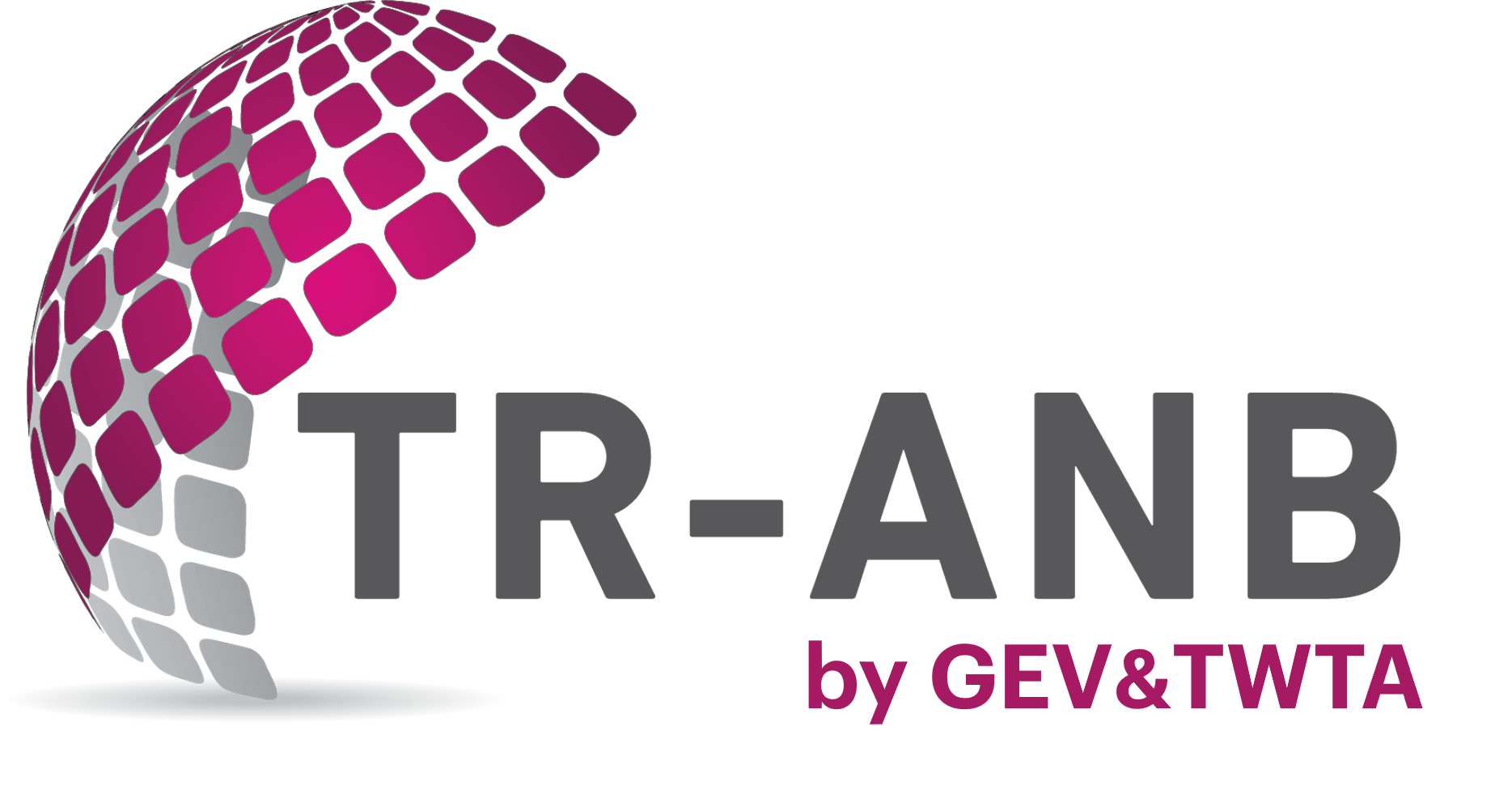This study by Jorge Luis García-Jacomino et al. investigates the effects of nitrogen (N₂) atmosphere on the welding parameters (current and voltage) and the properties of filler materials used in self-shielded flux-cored arc welding (FCAW) for hardfacing operations. The study evaluates three different filler materials used for the reclamation of parts exposed to severe wear:
A filler wire with high chromium content.
A filler wire alloyed with both high chromium and niobium.
A filler wire with lower chromium content and titanium alloying.
Research Findings
Welding Parameters and Gas Protection:
The nitrogen (N₂) gas protection changed the welding parameters in filler metal deposition processes performed with a welding machine operating in constant voltage mode. These changes had a significant impact on the mechanical properties and microstructure of the filler materials.
Microstructure and Mechanical Properties:
Optical microscope analysis confirmed the effects of the N₂ atmosphere on the filler material, showing that the operating behavior during the welding process and the microstructure of the filler material were altered.
The effects of N₂ exhibited different characteristics for each of the three wires used.
This study highlights the impact of using nitrogen gas as an additional protective gas, demonstrating its influence on welding operations and the properties of filler materials, contributing to hardfacing processes designed to resist severe wear.
For a detailed review, you can access the related study here.

